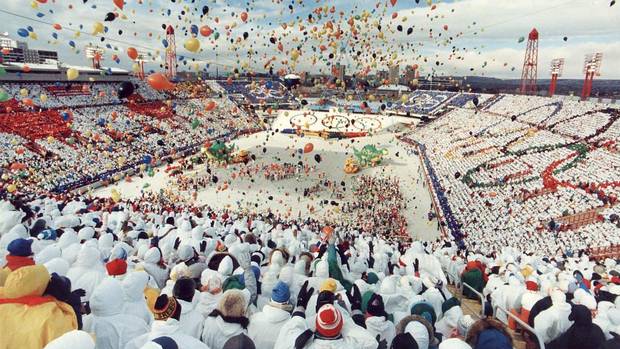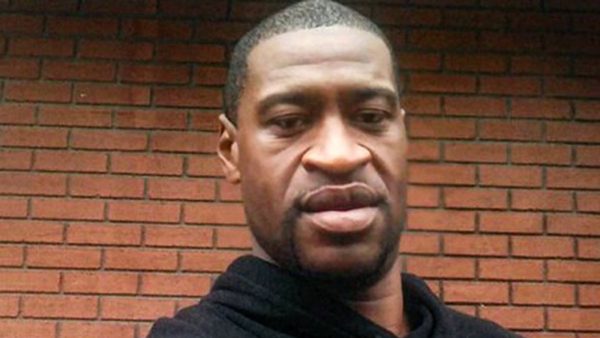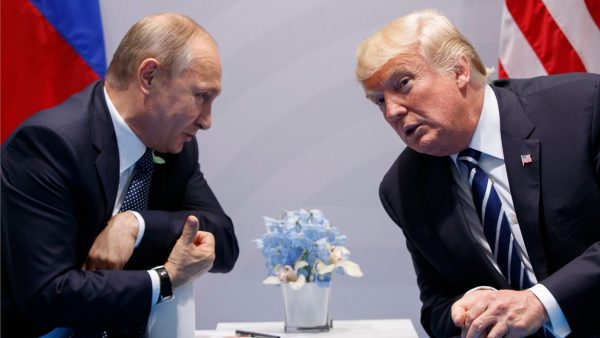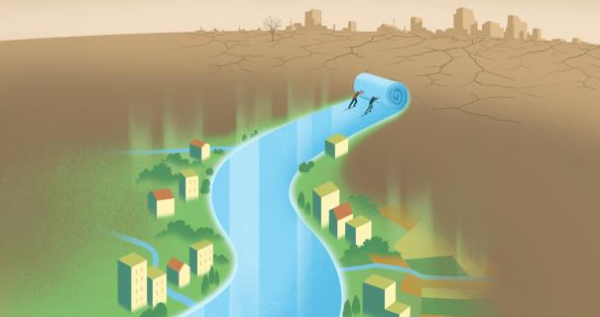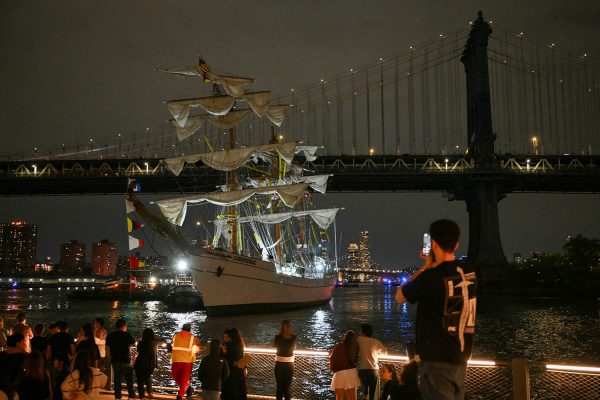The End Of The Olympics?
The Olympics Had A Hard Time Finding A City That Wants To Host The Olympics.
Most of the citizens know that it is really expensive to host the Olympics. It can cost billions just to organize and install all the establishments. The government is making no money with the Olympics. The only money made is for the private company because of the economic benefits.
Andrew Zimbalist, a professor of economics at smith college. He has wrote many books for example: circus maximus, no boston Olympics and rio 2016. He said that we could be seeing the Olympics die. The Olympics causes many damages to the city like pollution for example at rio in 2016 the water was so polluated that if you drink only three teaspoons of water you are almost certain to get a virus.
Many cities don’t want to host the Olympics because of that and economic problem. For the winter game of 2026. Calgary’s mayor accepted to host the Olympics. But it doesn’t mean the population agreed. Calgarians voted no to bid for the 2026 Olympic Games in a tight plebiscite, with just over 56 per cent voting no, and 43 per cent voting yes.
Mayor Naheed Nenshi was for bidding another winter games, he was really disappointed of the results of the vote. Many members of the population said it will divide the population and bring a lot of trouble. Mary Moran and Scott Hutcheson who headed up BidCo together. They said “This was a big dream for Calgary and I still believe to this day that we could’ve done a better job than 1988 and 2010 and once again show the world what a great community and city and country we are. That’s unfortunate but we’ve got to move forward and we need to do that in a more untied fashion and put more effort into thinking about our future.”
Some very passionate Calgary citizens said they were really proud to host the Olympics and glad of the yes group did. Many reporters were very suprised how much the population was proud of their city and decisions.
Written by: Samuel Boivin
Edited by: Antoine Bernier, mathis Rousseau, Thomas Simard-Fournier

